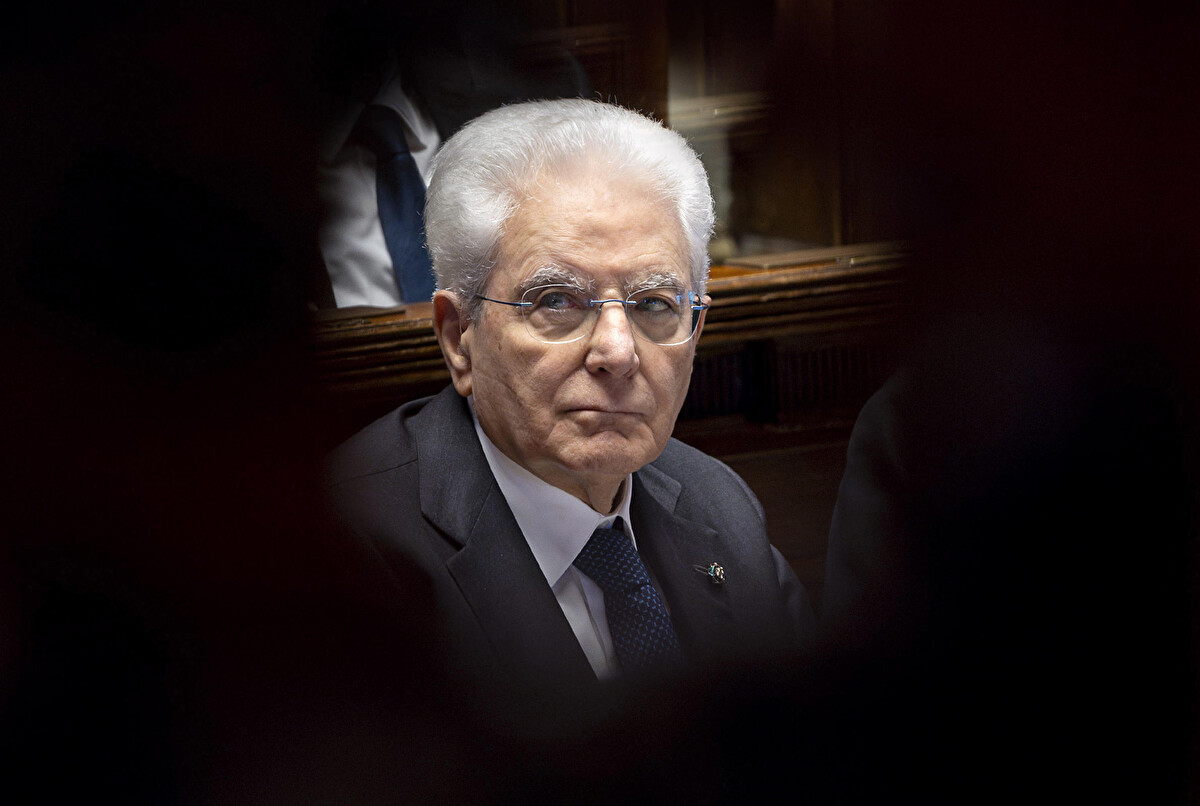Withdrawing from the Paris Climate Agreement would leave a power vacuum and sever a crucial channel in global climate dialogue. This was the message from Darren Woods, the CEO of energy giant ExxonMobil, directed at President-elect Donald Trump during the COP29 climate summit in Baku, Azerbaijan.
“We need a global system for managing global emissions,” Woods said in response to a question from The New York Times. “Trump and his administrations have talked about coming back into government and bringing common sense back into government. I think he could take the same approach in this space.”
Woods used the platform to underscore the role of governments in creating incentives for the energy sector, encouraging a transition to cleaner energy that is not only sustainable but also economically viable. “The government role is extremely important,” he noted, adding that he doesn’t expect any one administration to “significantly advance the pace of the transition or conversely significantly slow the pace.”
The CEO advocated for the establishment of global standards to monitor carbon emissions, which could serve as a consistent foundation for regulatory standards across countries. Woods also praised President Biden’s Inflation Reduction Act (IRA) for encouraging investment in cleaner energy sources without forcing companies to adopt specific technologies. For Exxon, it meant flexibility to pursue alternative technologies like lithium extraction or hydrogen production, while keeping a focus on shareholder value.
Exxon, one of the world’s most influential oil companies, has previously taken a stance in favor of the Paris climate accord. As early as 2017, it had urged Trump to remain committed to Paris, a position that remains unchanged. However, Trump’s campaign quickly issued a response. “The American people re-elected President Trump by a resounding margin, giving him a mandate to implement the promises he made on the campaign trail,” spokeswoman Karoline Leavitt said, affirming Trump’s commitment to exiting the agreement altogether.
This year, UBS bank estimates that Exxon will allocate around $3 billion to projects that provide alternatives to fossil fuels or reduce emissions—a sum that represents about 11 percent of the company’s projected spending. This investment is set to increase, with more than $20 billion expected through 2027, signaling Exxon’s continued focus on low-carbon innovations amid the global push for climate action.











